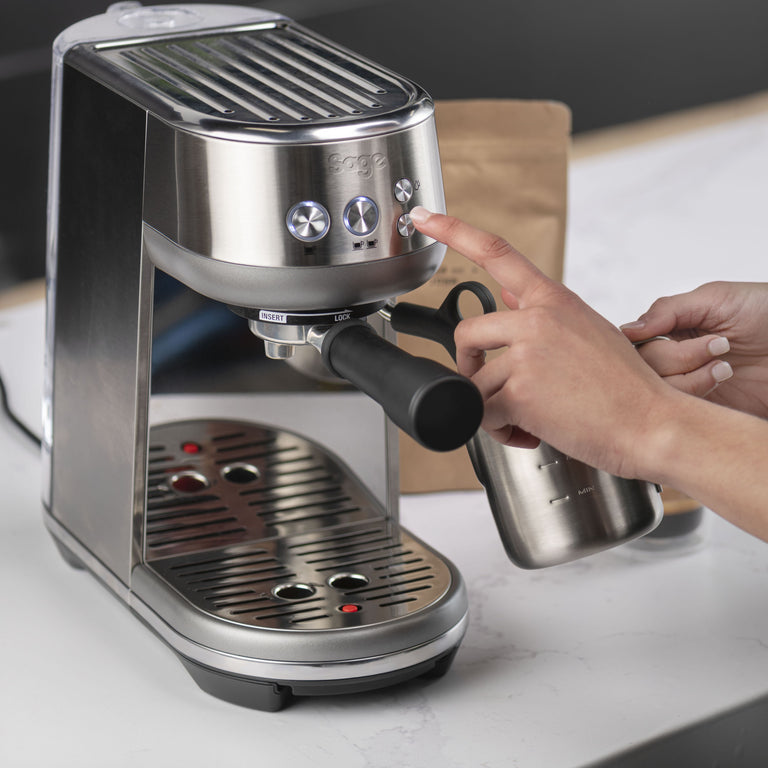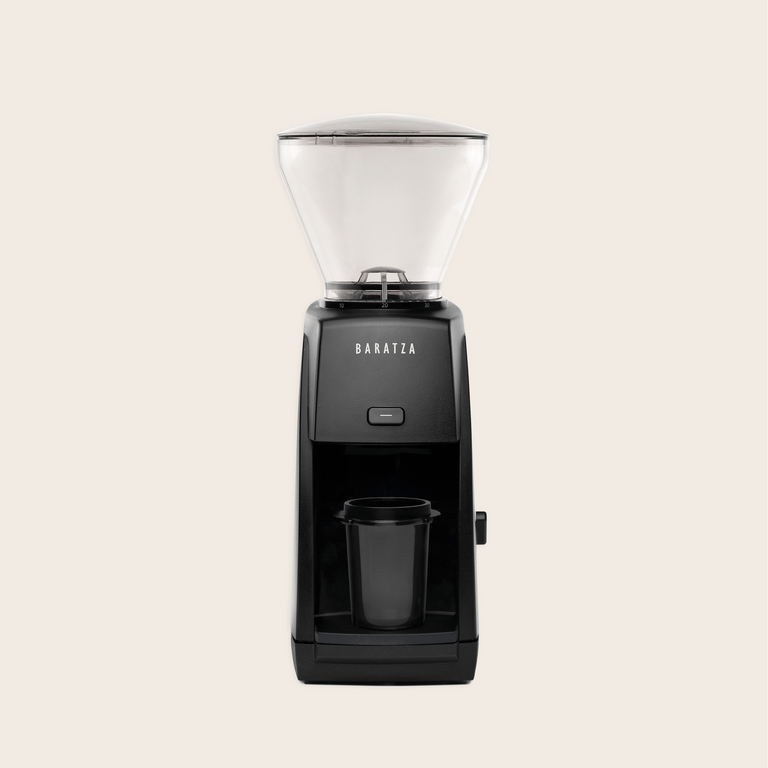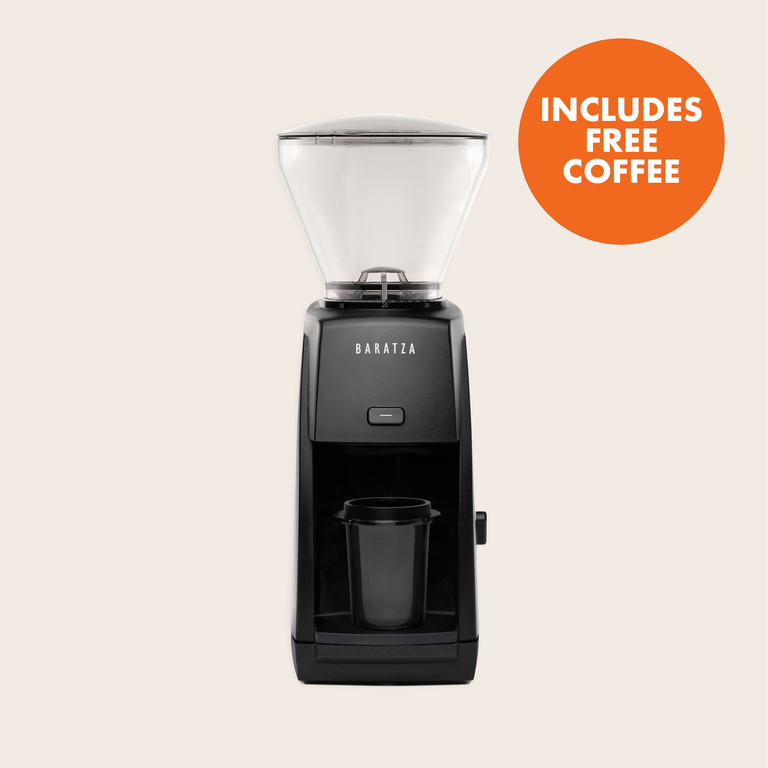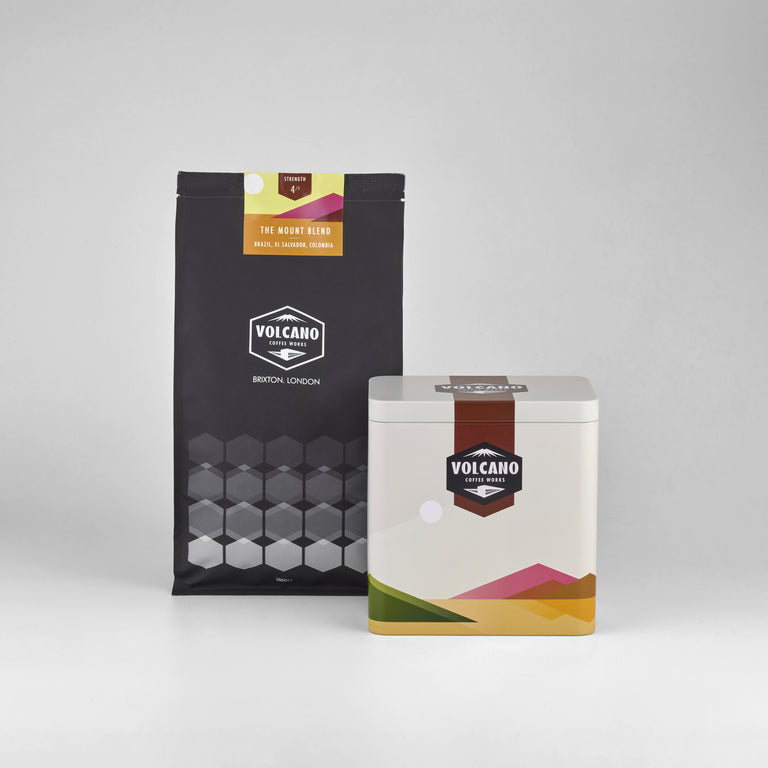Coffee, Caffeine and getting the most performance out of your body while playing sport
The summer of sport has well and truly captivated our attention this year. However, one question that’s been playing on our minds is: ‘how does caffeine really affect sporting performances?’
Like any food or drink, what athletes put into their bodies affects performance. However, how much can caffeine really affect the body? Caffeine has many great advantages which can benefit athletes before and after training. Below we’ve highlighted some of the key facts for you.
Firstly – How much caffeine is in coffee?
Whether you’re having an espresso, filter coffee or cold brew, the taste may vary but the ratio of caffeine dissolved into your cup will not. On average a cup of coffee contains 95mg of caffeine.
Benefits of coffee on workouts and sports performance
-
Caffeine and Endurance
-
Caffeine has been found to improve an athlete’s physical performance. However, this is not apparent with all sports and has been found most prominent in endurance sports lasting more than 5 minutes. Studies have found this is because coffee stimulates the use of fat stores instead of muscle glycogen during longer workouts. Therefore, caffeine can be proven more effected for longer sporting performances.
-
Caffeine and Time Trial
- As well as caffeine proving to be effective for endurance training it can also improve time-trial performances. By drinking caffeine prior to working out athletes were able to improve and increase their set repetitions. This allows them to build strength and improve their performance.
-
Caffeine and Muscle Growth
- By drinking caffeine after a workout can not only improve recovery time, but also reduce muscle soreness. This will allow athletes to recover faster and return to training. A comparison of 27 studies has found that caffeine can help improve muscle power behind the legs by up to 7%, but there didn’t seem to be any improvements on small muscle groups.
Risks of too much Caffeine
Too much caffeine can affect your sleep. Studies have shown that if you consume too much caffeine this can increase the time taken to fall asleep and can also decrease the total sleeping time. For some people their sleep can be affected by how late in the day they have a cup of coffee. To ensure you can still have great tasting cup of coffee in the evening without worrying how it will affect your sleep, why not swap for a cup of decaf!
Summary
While some studies require further testing, and we’d never advocate over consumption of caffeine, there’s no doubting many athletes around the world believe in the benefits of caffeine related to their sporting performance. In many cases coffee has been seen to have a positive effect on athletes during their workouts and sporting performances primarily due to its potential to reduce fatigue and extend endurance.
So, you don’t need to rush out to spend your hard earnings on those hi-tech supplements for that extra performance boost, you just need to grab yourself a cup of delicious black coffee!




















